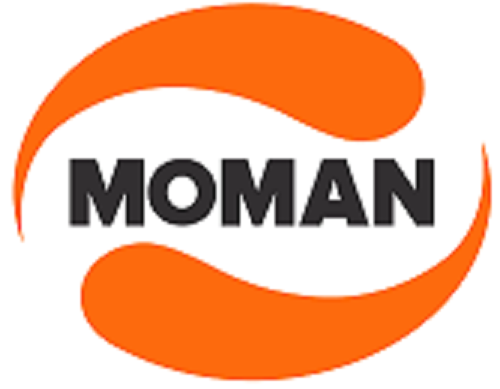-MOMAN
The public, which includes the downstream operators are key stakeholders in the Nigerian oil and gas industry. We believe that as a country, we have and should move beyond the debate on the arguments for the removal of petrol price subsidies. The discussion we should be having today is how best to maximise the benefits of the removal of price controls and subsidies while minimising the adverse effects of this action on our citizens.
Cost Reduction
Anyone involved in the fuel supply chain, either as operators or regulators must demonstrate cost optimization in every practical and public way possible. In line with the recently launched Nigerian Upstream Cost Optimization Program (NUCOP), efforts must be made to reduce costs of production, administration and governance throughout the petroleum value chain in the Nigerian petroleum sector, (particularly) the downstream, in order to promote efficiency and competitiveness within the industry and ensure value creation for all consumers.
However, beyond this initiative being limited to the petroleum industry, we believe it is a notion that should be applied to the Nigerian landscape, particularly in the area of governance. As promised by the government, a visible and measured reduction in the cost of governance throughout the polity would bring about savings which can be directed toward improving the livelihood of the average Nigerian. This cost optimization initiative would demonstrate to Nigerians the good faith of the decision makers in both the public and private sectors.
Domestic Refining Capacity
Despite being a country blessed with petroleum resources, we still import refined products. Even though refining would not start in Nigeria immediately, as a result of a whole catalogue of diverse and varied reasons which will not be listed here today, it is necessary that we as a Country have some clarity as to when optimal internal refining capacity will return to Nigeria. We need to collectively and as a nation, track the progress of work at all the new refineries under construction across the Country to ensure they are delivered timely, efficiently and sustainably. If need be, private investment should be brought in to facilitate the rehabilitation and upgrade of the NNPC refineries for the efficient growth of Nigeria’s internal refining capacity and to ensure energy sufficiency for the Country.
Conclusion
With a fully deregulated downstream industry, the natural fear and anticipation of Nigerians is the increase in the price of transportation, food items and the attendant economic hardships. Solutions to these challenges can only emanate from a collective resolve by all stakeholders to face up to these challenges together. We must as a nation debate and share pragmatic and realistic initiatives to mitigate the impact of a pump price increase which could follow a fully deregulated downstream.
We stand with Nigeria and Nigerians through this difficult time and support the Federal Government’s promise to pass the PIB this year and fully deregulate the petroleum downstream sector. The benefit of a liberalized downstream is the most visible means of growing the economy in the medium to long term. Nigeria can become the refining hub of West and Central Africa and eventually the whole of Africa if we stick to this path of investing in new refineries, adopting a cost optimization initiative, building an environment that promotes competition and creates a sustainable petroleum sector. These actions would lead to increased employment, reduced poverty and reduced social inequity. We must take advantage of the opportunities brought by the African Continental Free Trade Area agreement (AfCFTA) and fully benefit from our barrels of crude, getting the maximum value it can bring Nigeria.
In conclusion, MOMAN is calling for a national discourse among all stakeholders including Government, Labour, Civil Society Organizations, the Organized Private Sector and Operators, not on the merits or demerits of petrol subsidy removal, but on the initiatives that can be taken to ease the impact of the subsidy removal on the most vulnerable in our society.
MOMAN remains committed to the sustainability and institutionalization of a viable downstream petroleum industry for the social and economic growth of our Country, Nigeria.


Comment here